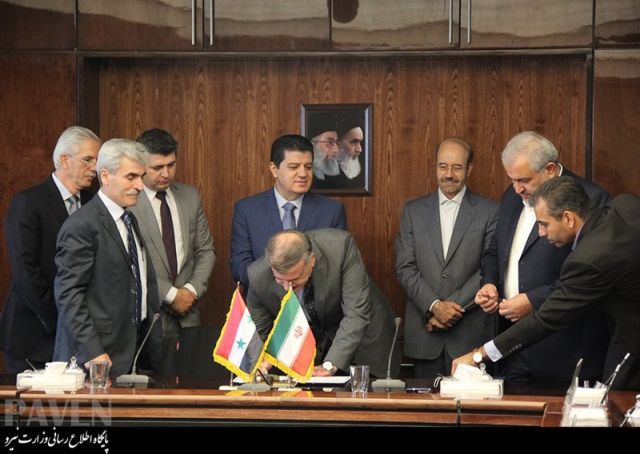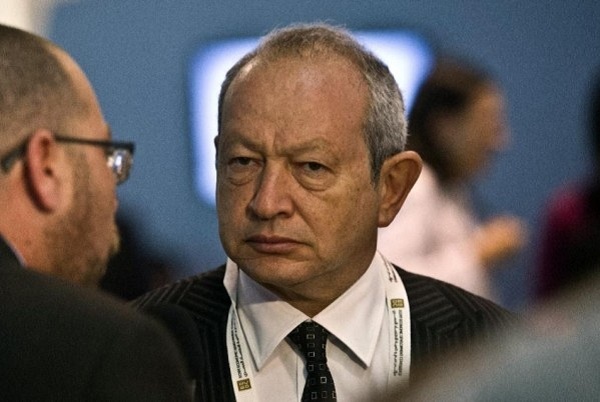
Priority is to prevent Kashmir from turning into Syria: New interlocutor
By Sarwar Kashani and Rajnish Singh,
New Delhi : The biggest challenge and the top priority in Kashmir are to deradicalize Kashmiri youth and militants and prevent it from turning into a Syria of India, says Dineshwar Sharma, the newly-named interlocutor for talks in Jammu and Kashmir.
An old Kashmir hand, who headed the Intelligence Bureau (IB) for two years from December 2015, Sharma says his mission to bring an end to violence would also include talking to anyone “even a rickshaw puller or a cart puller” who can contribute so that peace is ushered in the state “as soon as possible”.
He says he is personally pained to see the path Kashmiris, particularly youth, have chosen that would only destroy the society.
“I feel the pain and sometimes I become emotional also. I want to see this kind of violence ends as soon as possible from all sides. The youth of Kashmir like Zakir Musa (Kashmir Al Qaeda chief) and Burhan Wani (slain Hizbul Mujahideen commander) get hype when they talk about (establishing Islamic) Caliphate,” Sharma told IANS in an interview, referring to the new-age Kashmir militant commanders.
He said the way youth of Kashmir were moving, “which is radicalization”, would ultimately “finish the Kashmir society itself.
“I am worried about the people of Kashmir. If all this picked up, the situation will be like Yemen, Syria and Libya. People will start fighting in so many groups. So, it is very important that everybody, all of us, contribute so that suffering of Kashmiris end.
“I will have to convince the youth of Kashmir that they are only ruining their future and the future of all Kashmiris in the name of whether they call it azadi (independence), Islamic caliphate or Islam. You can take examples like Pakistan, Libya, Yemen or any country where such things are going. They have become the most violent places in the world. So, I want to see that it doesn’t happen in India.”
The former IPS officer, who led the spy agency’s “Islamist Terrorism Desk” between 2003 and 2005, was named on Monday to open talks in a bid to end the nearly three-decade-old insurgency in Kashmir.
When the IB was investigating the fledgling modules of the Islamic State in Kerala, Maharashtra and Andhra Pradesh in 2015, Sharma is widely known to have advocated a policy of arresting the problem by counselling and reforming, instead of arresting the potential recruits of the global terror network.
The soft-spoken intelligence veteran is known to have established friendly relationships with arrested militants in a bid to reform them when he was Assistant Director IB from 1992-94 – the time when militancy was at its peak in Jammu and Kashmir.
Serving in Kashmir as an IB man, Sharma was instrumental in the arrest of then Hizbul Mujahideen commander Master Ahsan Dar in 1993 after he broke away from Syed Salahuddin – the Hizb chief based in Pakistan-administered Kashmir.
He recalled how he had met Dar in Srinagar jails and how the militant commander asked him to bring his daughter and son to meet him in the prison. “I actually took them to meet him.”
Asked If he had identified the way to reach out to the youth in Kashmir, Sharma said he was still working out the modalities.
“I am open to talking to everybody. Anybody who believes in peace and wants to come and give me some ideas how to go about, I am willing to listen. He can be an ordinary student, ordinary youth, a rickshawwala or a thelawala with some good idea. I will consider that.”
He was asked if he had started reaching out to Hurriyat leaders, who have maintained silence over his appointment even though they had dropped hints in their statements about engaging in “constructive” talks with the government of India after some of their aides were arrested in terror funding case.
Sharma cautiously replied: “Let me see. I am ready to talk to everybody. Anybody who wants to contribute to peace.”
Replying to a query that radicalisation of Kashmiri youth was a more recent phenomenon than the problem of Kashmir itself, Sharma said the state was almost at peace before the 2008 unrest over a land row and the 2016 wave of violent street protests after the killing of Burhan Wani.
“Somehow the minds of youths and students have been diverted somewhere else. That is the point of address. I have seen the violence in Kashmir from very close quarters. I was posted in Srinagar. So the kind of violence I have seen, I am really pained. I am very sad.”
Commenting on the previous attempts by the government of nominating peace emissaries and other initiatives to solve the problem, he said he would “desperately like to try some new ideas”.
“I am studying the reports (of previous interlocutors) but other than that I am trying to see some new ideas.”
Kashmir is not Sharma’s first assignment of brokering peace. In June this year, he was tasked to initiate a dialogue with insurgent groups in Assam, including the United Liberation Front of Assam (ULFA) and those representing Bodos.
Asked over any difference between his previous peace brokering assignment and the new one, he said; “The big difference is that there is not any involvement of Pakistan and any third country in the northeast.”
(Sarwar Kashani and Rajnish Singh can be contacted at sarwar.k@ians.in and rajnish.s@ians.in)
—IANS



